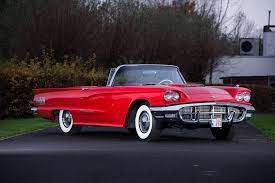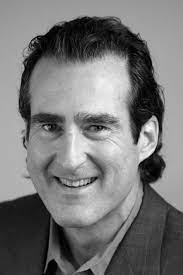November 27, 1978, stands as a somber date in the history of San Francisco, marking the tragic events surrounding the assassination of Mayor George Moscone. The political landscape of the city was forever changed on that fateful day when Moscone's life was cut short by a former ally, Supervisor Dan White, in a shocking act that would reverberate through the nation.
George Moscone, a charismatic and progressive leader, had been serving as the Mayor of San Francisco since 1976. His tenure was marked by a commitment to social justice, diversity, and the rights of marginalized communities. Moscone was a trailblazer, advocating for LGBTQ+ rights and appointing Harvey Milk, the first openly gay elected official in California, to the Board of Supervisors.
The tragedy unfolded at San Francisco City Hall, where Mayor Moscone's office became the setting for a dark chapter in the city's history. Dan White, a disgruntled former supervisor who had resigned but sought reinstatement, entered City Hall through a basement window to avoid metal detectors. Despite earlier disagreements, White had once been an ally of Moscone's. White requested a meeting with the mayor in his office, and in a shocking turn of events, he shot Moscone multiple times, ending the mayor's life.
Following the murder of Mayor Moscone, White proceeded to the office of Supervisor Harvey Milk, whom he also shot and killed. The simultaneous assassinations of two influential figures in San Francisco sent shockwaves through the city and the nation. Harvey Milk's death, in particular, was a significant loss for the LGBTQ+ community, as he had become a powerful advocate for gay rights.
The trial of Dan White, charged with the murders of both Moscone and Milk, became a highly publicized event. White's defense argued diminished capacity, claiming he was not in his right mind due to depression. The jury ultimately convicted White of voluntary manslaughter instead of first-degree murder, a decision that led to outrage and protests. The verdict and the relatively lenient sentence sparked the White Night riots, a series of violent demonstrations that expressed frustration with the justice system.
The tragic events of November 27, 1978, left an indelible mark on San Francisco. The city mourned the loss of two visionary leaders, Mayor George Moscone and Supervisor Harvey Milk, whose legacies continued to inspire generations. The assassinations also prompted discussions about mental health, legal loopholes, and the complexities of the justice system.
In the aftermath of this dark day, San Francisco and the nation reflected on the need for social and political change. The memory of George Moscone, a leader dedicated to progress and equality, remains etched in the history of San Francisco, serving as a reminder of the impact that political violence can have on a community and the importance of upholding the values of justice and equality.






